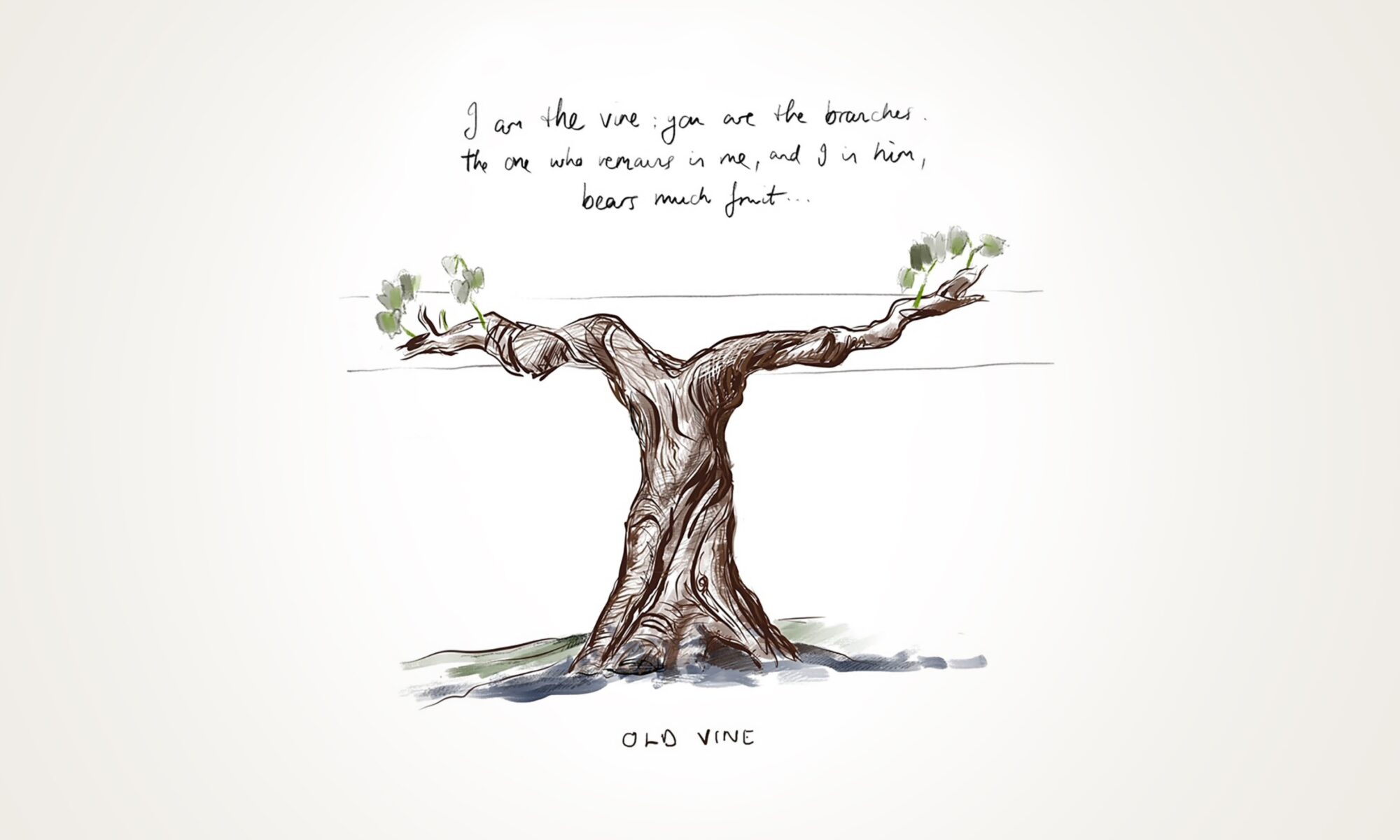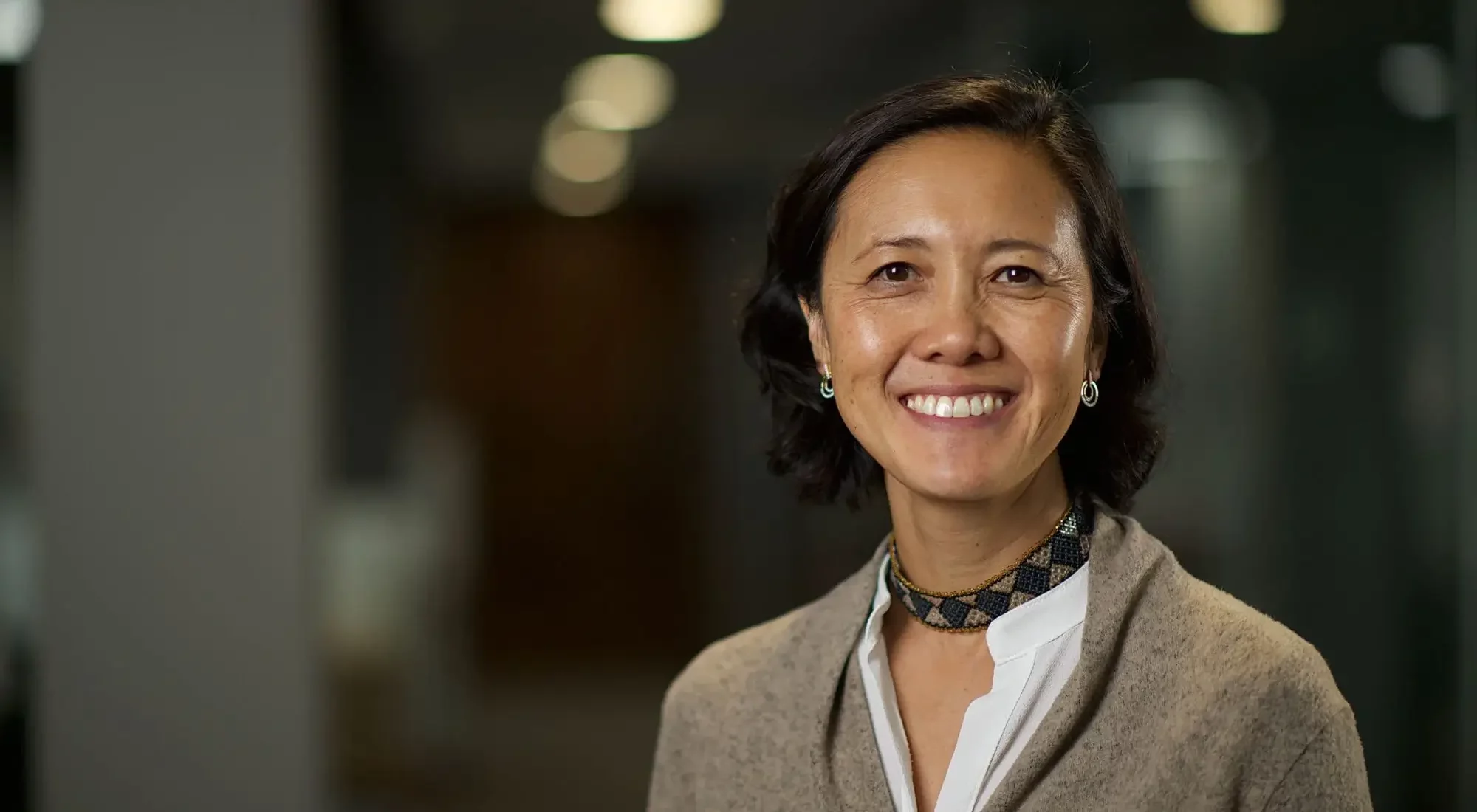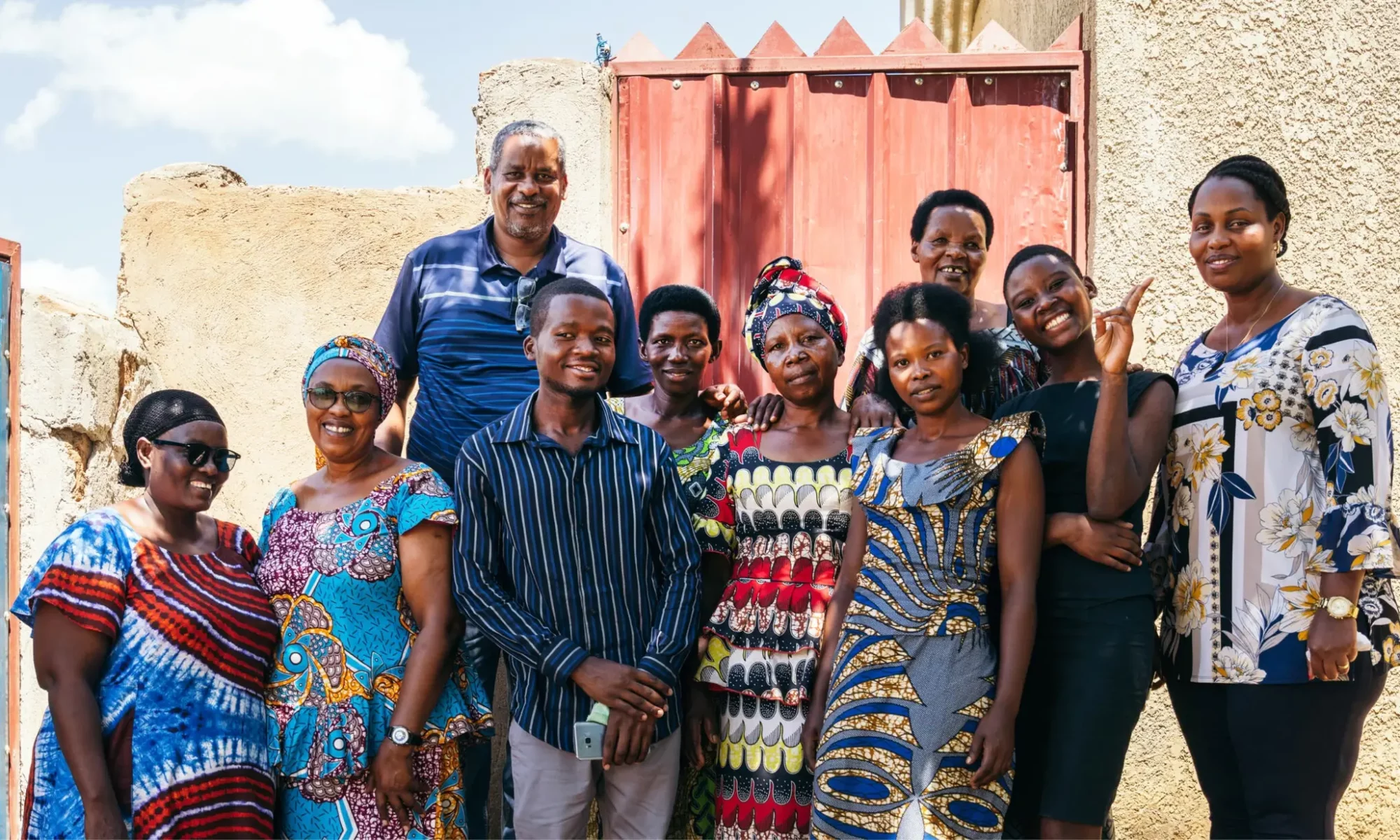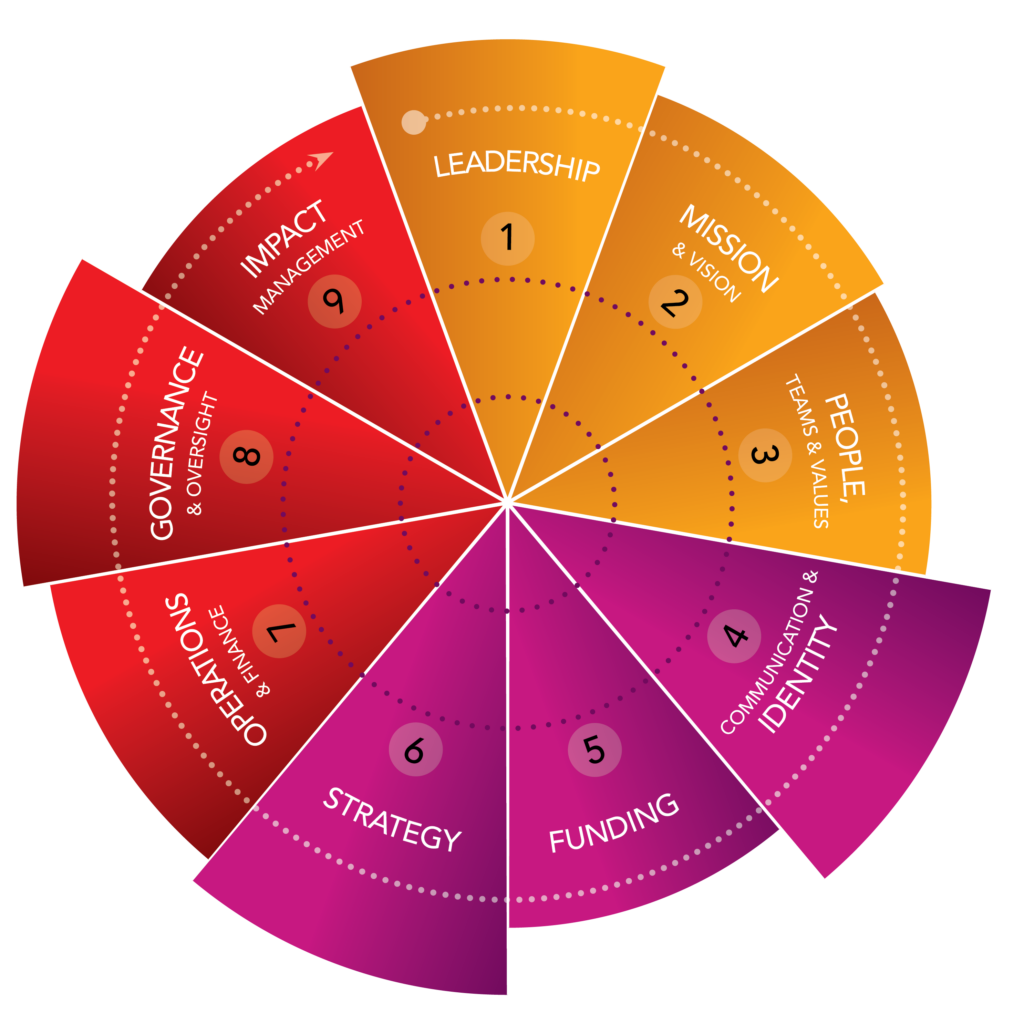The call to abide in Christ found in John 15 stands as a profound and transformative invitation for each one of us. But it is harder than it looks on the surface. In this blog post, Mergon Foundation’s Neil Hart delves into the intricate journey of abiding in Christ. He writes:
My relationship with John 15 began several years ago after feeling a distinct prompting from the Lord one morning to read it. Little did I realise that He would prompt me for the next month to read it every day! Abiding in Christ proved to be a more complex concept than I thought. Understanding the depth of abiding became a challenging quest for me and after 30 days of daily immersion in John 15, I admitted that I don’t have a clue what it means to abide in Jesus.
Frustration lingered as I grappled with the desire for a quick guide to mastering the art of abiding. However, God’s response was clear – abiding wasn’t a quick-fix solution. About a year later, feeling a divine nudge, I returned to John 15. This time, the journey included a more profound understanding, and I want to share some key insights I gained from the Father.
Understanding the context of John 15
The context of John 15 is important. Placed within the larger narrative of Jesus entering Jerusalem, the events unfold with a sense of anticipation. The triumphant entry, the preparation for the Passover, and the shocking act of Jesus washing his disciples’ feet – all these events set the stage for the profound teachings of this portion of scripture.
As Jesus breaks bread with his disciples, revealing that one of them will betray him, a sense of disquiet permeates the room. Peter, fervently declaring his loyalty, is met with a sobering response from Jesus, ‘Unless I wash you, you have no part with me.’ This statement foreshadows the core message of John 15 – the necessity of abiding in Christ.
In John 15:1-6, Jesus presents three characters – Himself as the True Vine, the Father as the Vinedresser, and us as the branches. The analogy of the vineyard serves as a metaphor for our relationship with Christ and the process of pruning and bearing fruit unfolds as a crucial theme.
Jesus declares, ‘I am the True Vine, and my Father is the Vinedresser.’ Here, the Vinedresser symbolises the intentional care and cultivation of our lives by God. Concerning the branches, representing us, He says: ‘Every branch in Me that does not bear fruit, He takes away; and every branch that continues to bear fruit, He [repeatedly] prunes, so that it will bear more fruit [even richer and finer fruit].’
The process of abiding: discipline and pruning
One hurdle in understanding John 15 is the fear-inducing concept of being ‘cut off’ if we fail to produce fruit. This is something I wrestled with a lot because there are so many Christians who don’t bear fruit. Even in my own life, there have been fruitless seasons. Perhaps you can relate. Delving deeper, however, I discovered a nuanced perspective from author Bruce Wilkinson who says we need to look a bit closer at the language used in this portion of scripture.
When Jesus says ‘cuts off’, the original word is actually ‘airo’ which means to ‘lift up’ or ‘raise’ but it’s not always translated like that. Often, circumstances can damage a vine’s branches and it ends up on the ground, in the dirt. If there is still a small part that is connected to the vine however, the farmer will lift it up (‘airo’ it) and tie it tightly to the vine again so that it can grow and produce fruit. The Passion Translation captures this nuance beautifully: ‘He cares for the branches connected to me by lifting and propping up the fruitless branches and pruning every fruitful branch to yield a greater harvest.’
This process, far from being a threat of separation, is a demonstration of God’s commitment to our growth. The image of a broken branch, still slightly connected to the vine, being lifted up and secured, mirrors God’s desire to restore and nurture us. This ‘lifting up’, I realised, speaks more of discipline than pruning. When we are down on the ground, covered with bits of dirt (sinfulness) and we’re not producing fruit, He picks us up and brings us back into relationship with Him. He ties us tightly to Himself onto the vine and to Jesus and allows us to continue to grow.
What helped me here is Hebrews 12:11 which also speaks about producing fruit: ‘For the moment all discipline seems painful rather than pleasant but later it yields the peaceful fruit of righteousness to those that have been trained by it.’ The Father brings the process of cleaning us up (which is often discipline). I wanted to jump straight to abiding, but I didn’t realise there was a process where some sinfulness had to be removed from of my life. And even though I’ve been following Him for decades, there’s still sinfulness that needs to be cleaned up from my life from time to time. I thank the Lord for His ability to clean me up and reveal to me the things that keep dirt on the leaves and stop me from producing fruit!
Hebrews 12:5-6 says ‘My son, do not regard lightly the discipline of the Lord, nor be weary when reproved by him. For the Lord disciplines the one he loves and chastises every son whom he receives.’ This is the best news that we never want to hear, but God takes necessary measures to correct those that he loves. The Vinedresser corrects the wayward branches that are not producing fruit.
The second part is pruning: ‘Every branch that bears fruit, He repeatedly prunes.’ If your life is bearing fruit, know that He is going to prune you. Both discipline and pruning are painful, but it’s necessary. Part of the process of abiding in Christ, which is central to our lives as followers of Jesus, is discipline and pruning. God wants us to trust Him as a child trusts a father.
Four areas God often prunes in our lives
Over the years, I’ve noticed four areas that God often prunes in our lives. These include:
-
-
- Our right to know why God does what He does
- Our love for possessions and comfort
- Our sources of significance
- Our closest relationships (if they become more important than Christ to us)
-
A grapevine needs more pruning with age, not less. If left unpruned, it grows a very large canopy of leaves which doesn’t allow any sunlight onto the vine. Without sunlight, the vine is unable to produce fruit. The longer we grow in the Lord, the stronger we become in Him, the more we grow in knowledge – but if left unpruned, that abundance doesn’t produce fruit. We might have a lot of head knowledge, be able to quote a lot more scriptures than before, and navigate our way through most ministry leader-type environments… but God’s not really interested in all that. If being disciplined is about removing sin, then pruning is about removing the self, the flesh.
We need to be able to distinguish between pruning and discipline – is God taking sin out of your life or is He pruning the flesh out of your life? We shouldn’t confuse those two. Discipline is if we’re doing something wrong, and pruning is if we’re doing something right. But pruning, though painful and uncomfortable, is something that God will do if we produce fruit – He promises this in John 15.
The invitation to abide
‘Abide in me, and I in you.’ This invitation, echoing throughout the verses of John 15, wasn’t a command but a beckoning into a life-encompassing union with Christ. May we experience a deepened understanding of abiding, saying, ‘We want more, not because we lack, but because You have promised abundance.’
The revelation here is that the call to abide in Christ is an intimate invitation. Come and experience a life intertwined with the True Vine…Abiding is simply this: take up more space on me, says Jesus. Increase the circumference of the branch on the vine. The greater the circumference, the greater the ‘lifeblood’ and nutrients that flow into the branch to produce abundantly. This is the great joy of John 15.







